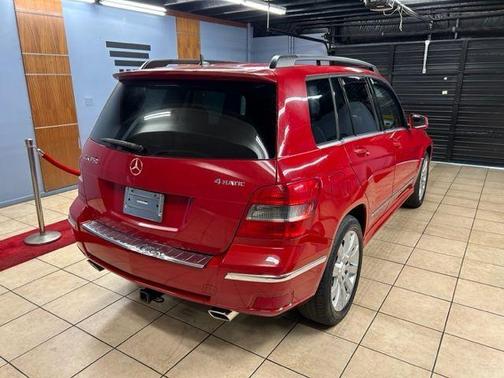Starting an Automotive Business Plan: A Roadmap for Success
Launching an automotive business is a powerful move for entrepreneurs passionate about cars and mobility. Whether you’re starting a repair shop, car dealership, detailing service, or parts distribution company, success begins with a solid business plan. A well-structured plan not only clarifies your vision but also serves as a tool to attract investors, secure funding, and build long-term sustainability. If you’re considering entering the automotive industry, this guide provides practical insights to help you lay the groundwork and create a business plan that drives real results.
Why a Strong Automotive Business Plan Sets You Apart
In a highly competitive industry, having a strong business plan isn’t optional it’s a necessity. It shows you understand your market, target customers, and competition. More importantly, it helps you stay focused on your goals, from budgeting and marketing to staffing and expansion. A clear business plan demonstrates that you’re prepared for challenges, making lenders, partners, and stakeholders more likely to support your vision. Whether you’re launching a mobile mechanic service or a car wash franchise, a sharp, tailored plan separates successful startups from those that stall out.
Key Elements You Must Include in Your Automotive Business Plan
An effective business plan covers more than just startup costs or service lists. It outlines your mission, target audience, pricing model, competitor analysis, location strategy, marketing approach, and revenue projections. In the automotive world, details like equipment investments, licensing, insurance, and supplier networks also play a big role. Your plan should anticipate seasonal changes in demand, trends in vehicle technology, and shifts in consumer preferences. A detailed operations and staffing model helps ensure smooth day-to-day management once your business hits the road.
How to Research and Define Your Automotive Niche
The automotive industry is vast, so narrowing down your niche is crucial. Are you targeting electric vehicle repairs, off-road accessories, or classic car restorations? Start by analyzing local demand, gaps in current services, and future trends. Online forums, competitor reviews, and trade publications can help you uncover customer pain points and underserved markets. Defining a niche allows you to stand out, tailor your services, and become the go-to expert for a specific audience. Without that clarity, your business plan risks being too broad or generic to be actionable.
Budgeting and Funding: Getting Your Finances Right from Day One
A realistic financial plan is the backbone of any successful automotive business. Include startup costs such as tools, rent, branding, and technology. Don’t overlook recurring expenses like payroll, inventory, software subscriptions, and marketing. Then project monthly income based on market size, service pricing, and capacity. If you plan to seek loans or investment, your financial section must demonstrate how and when you’ll break even and scale. The stronger your financial roadmap, the easier it is to secure support and move forward with confidence.
Marketing Strategies to Get Your Automotive Business Rolling
Even the best services won’t sell themselves without a marketing plan. Define how you’ll attract customers through SEO, social media, local ads, referral programs, and community outreach. Highlight your unique value proposition whether it’s fast turnaround, luxury service, eco-friendly practices, or mobile convenience. Include goals for brand visibility, customer acquisition cost, and retention rates. In today’s digital-first world, your online presence plays a massive role in credibility and lead generation. A modern automotive business plan must address both digital and offline strategies to thrive.
FAQs About Starting an Automotive Business Plan
How long should an automotive business plan be?
Most plans range from 10 to 25 pages depending on the level of detail and business type.
Do I need a business plan if I’m starting small?
Yes, even solo or mobile businesses benefit from planning for growth, structure, and funding.
Can I use a template to build my plan?
Templates are helpful starting points, but always customize your plan to fit your niche and goals.
What’s the most common mistake in automotive business plans?
Underestimating startup costs and overestimating first-year revenue are two of the biggest issues.
Do investors really read the full business plan?
Yes, especially the executive summary, financials, and competitive strategy sections.

